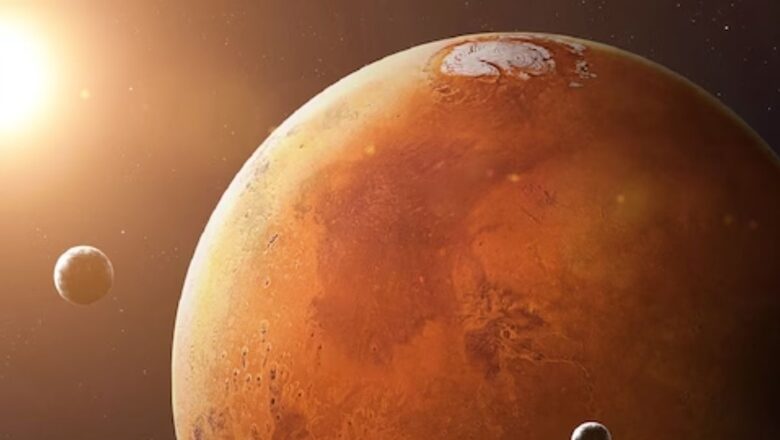
views
The colonisation of other heavenly bodies, perhaps just for expansion or to escape some cataclysmic incident on Earth, has been the subject of many narratives in science fiction movies, novels as well as video games. However, in most cases, the colonised planet is Mars. Even outside of science fiction, the first planet that is mentioned when talking of humans settling outside Earth is Mars. So is there no other planet that can house humans? Let us delve deeper into the matter.
The asteroid belt and Earth’s orbit are close to Mars. Although the day and overall makeup of Mars are similar to those of Earth, life is not welcome on the planet. Mars has an inert atmosphere that is thin enough to allow temperature fluctuations between −70 and 0 °C (−94 and 32 °F) on average yet thick enough to generate dust storms that affect the entire planet. Heavy ionising radiation and fine, poisonous dust blanket the desolate terrain of Mars. Humans might take advantage of Mars’ natural resources, which include subterranean water, Martian soil, and minerals. There are few opportunities to use resources on Mars to create electricity through nuclear, solar, and wind power.
Scientists from NASA predict that Mars will provide less difficulties than any other planet. In such a scenario, Mars may be a suitable planet for people if its problems are solved, such as the inability to produce oxygen from carbon dioxide. Elon Musk has already revealed some big plans for Mars in the future.
Numerous government and corporate organisations have planned human missions to Mars since the turn of the 20th century. The majority of the human mission ideas currently being developed by national space programmes run by governments would not be direct forerunners to colonisation. The creation of a permanent base is a potential goal but is not now the primary objective of programmes like those that NASA, Roscosmos, and ESA are provisionally planning. Instead, its intended use is only as exploration missions.
Apart from Mars, Venus is said to be a strong contender but it has many challenges. Scientists believe that today the conditions on Venus are very unfavourable for life. The surface here is very hot, the atmospheric pressure is more than 6500 times more than the Earth’s surface, and there are clouds of sulfuric acid in the air. Yet, scientists say that if Venus starts cooling then the situation can change rapidly.
Saturn’s satellite Titan and Jupiter’s moon Ganymede are also said to have the possibility of having life flourish there but the claims are yet to be put to test.



















Comments
0 comment